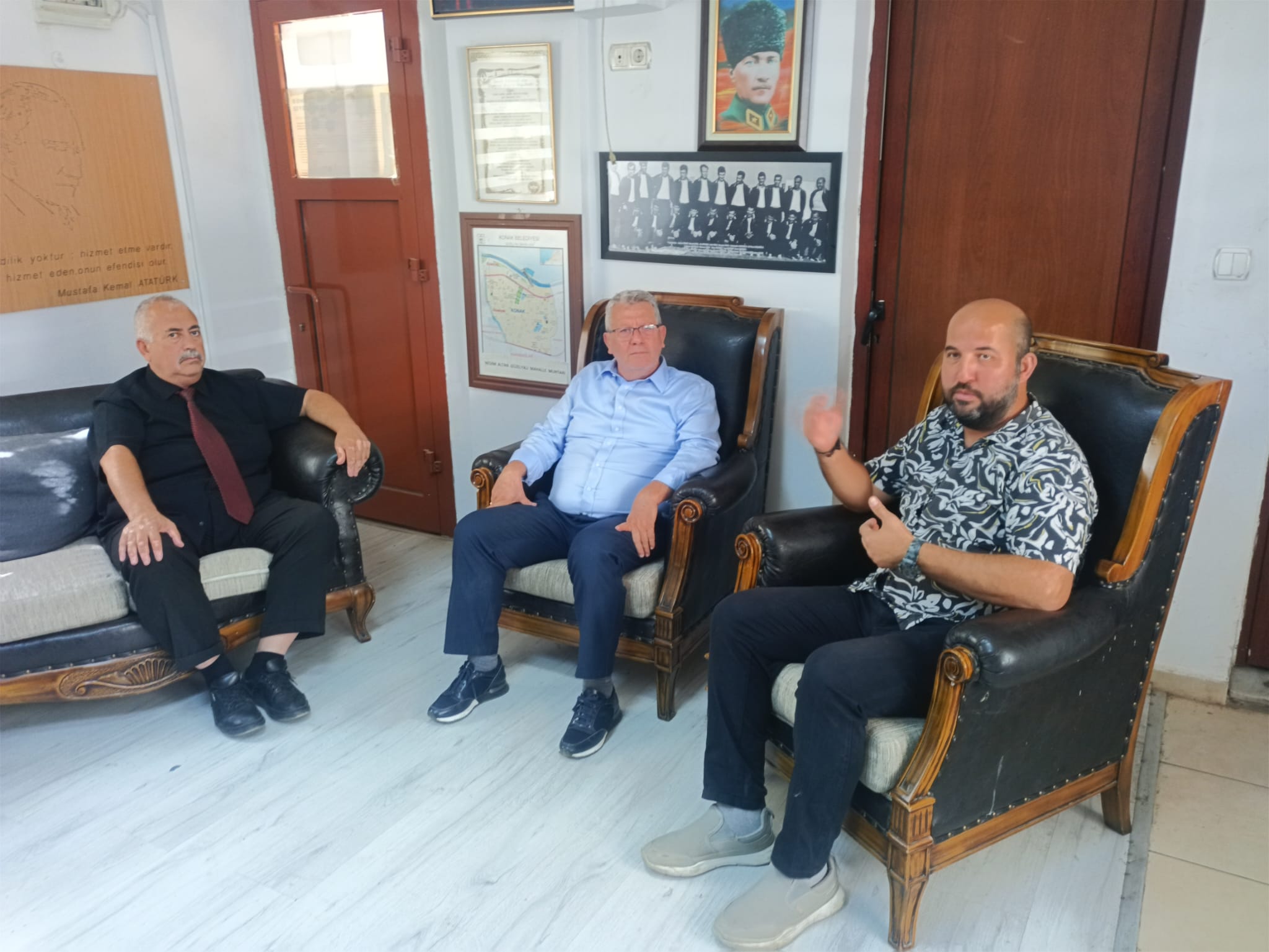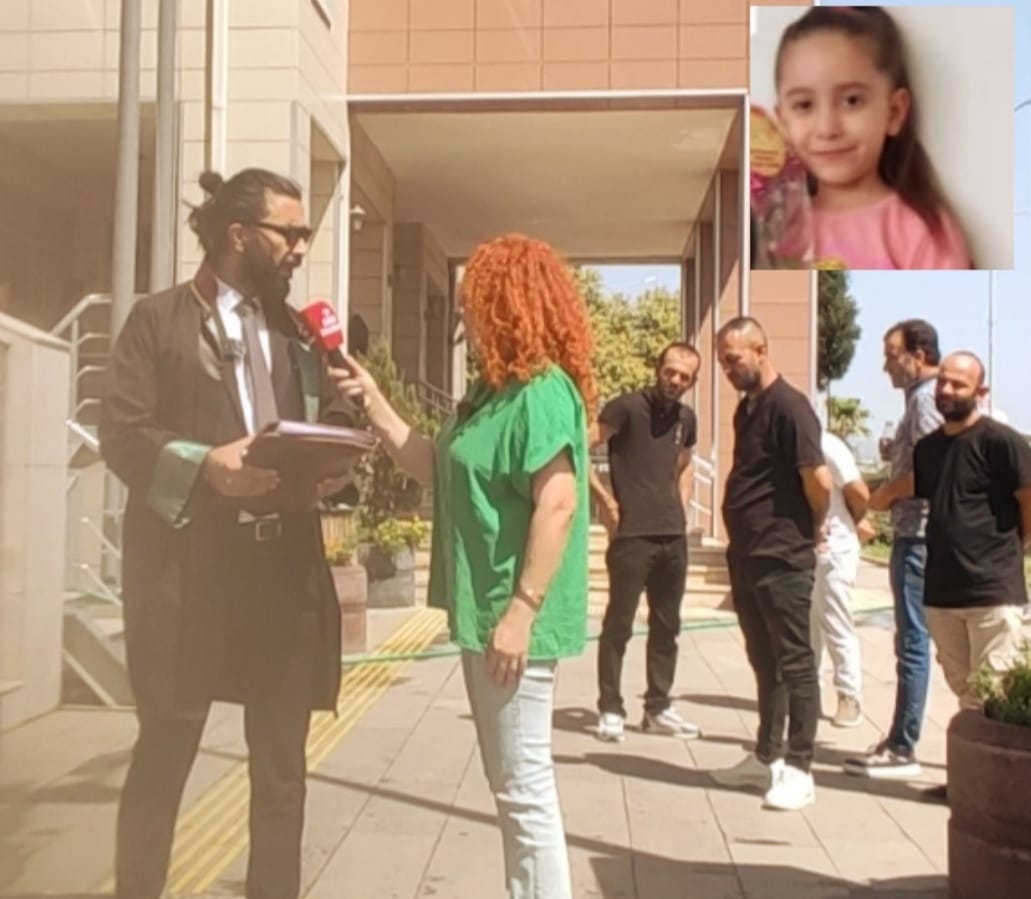
The Climate Law, which was accepted in the Turkish Grand National Assembly (TBMM) on July 2, was published in the Official Gazette and is now in effect. The law includes rules about fighting climate change and adapting to it. Opposition parties and climate/environmental groups criticize the new law.
The main goals of the law are to reduce greenhouse gas emissions, plan and apply actions to adapt to climate change, and set legal and official rules for these actions.
With this law, terms related to climate law are defined, such as “Climate Justice,” “Climate Finance,” “Net Zero Emissions,” “Fair Transition,” “Primary Market,” “Carbon Credit,” “Offsetting,” “Emission Trading System (ETS),” “Embedded Greenhouse Gas Emissions,” and “Voluntary Carbon Markets.”
According to the law, public institutions and organizations, as well as real and legal persons, must follow and apply the rules and actions taken for the public good.
The Climate Change Presidency is given the authority to make rules and take actions to fight climate change. This includes coordination between institutions, setting standards and actions, following new developments, and managing market-based systems for carbon pricing.
As long as the rules of the Personal Data Protection Law are followed, the Climate Change Presidency can directly ask for any information, documents, or data it needs from public institutions, organizations, and real or legal persons.
The Carbon Market Board will be led by the Minister of Environment, Urbanization, and Climate Change. The board will include one deputy minister from each of these ministries: Environment, Energy, Finance, Industry, Trade, Agriculture, and Transport. It will also include the Deputy President of the Presidency Strategy and Budget Office, the heads of the Capital Markets Board and Energy Market Regulatory Authority, and the Head of the Climate Change Presidency.
If needed, other public institutions, NGOs, professional groups, universities, and private sector representatives can be invited to the meetings, but they will not have the right to vote.






